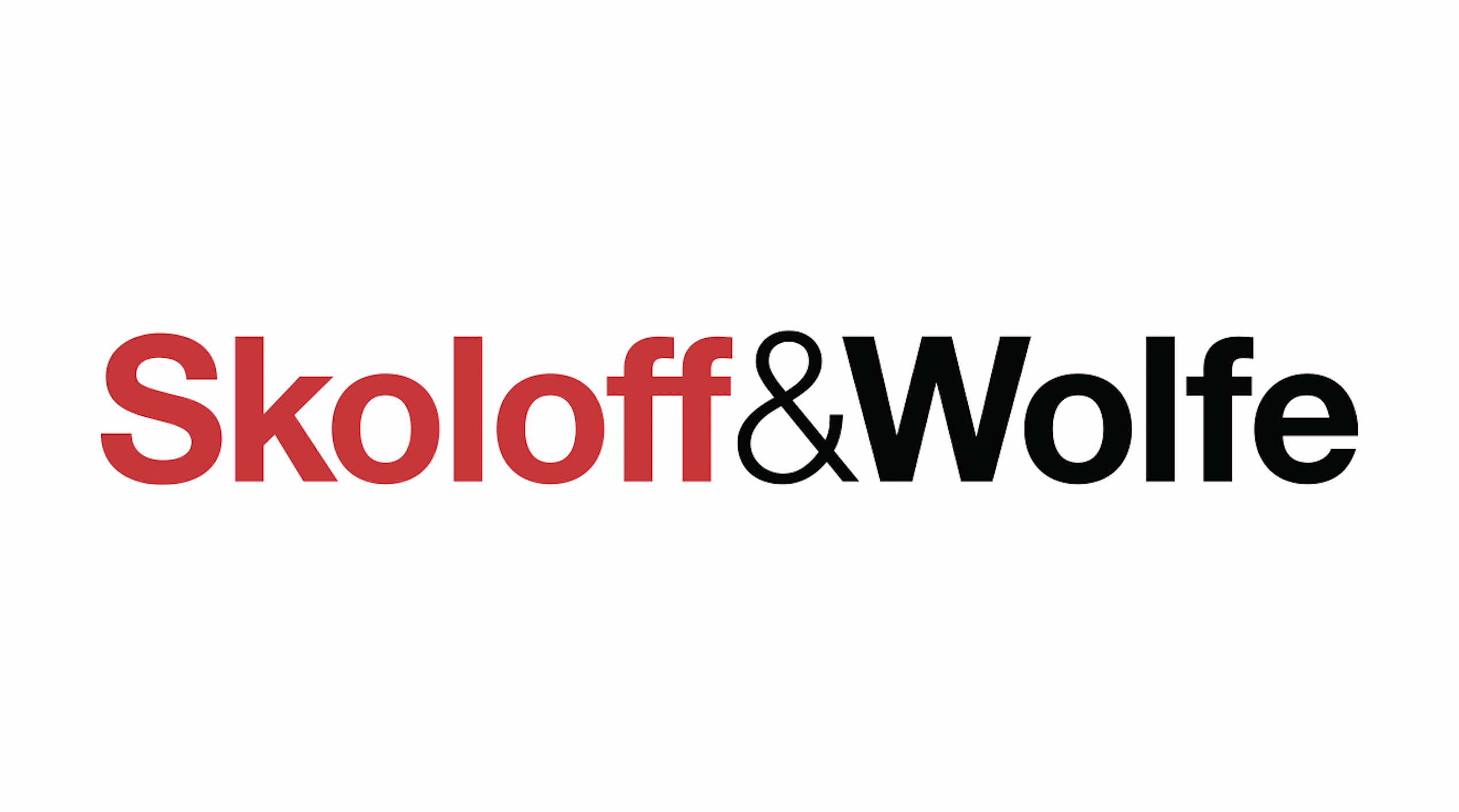Silver Lining: Owners And Developers Can Help Offset Rising Cap Rates Via Property Tax Appeals

The commercial real estate market experienced historically low cap rates at the start of this year. But as cap rates increase, prospective buyers can afford less with their money. As a result, sellers then start to lower property prices, but it is not all bad news.
Alongside cap rate increases comes the opportunity for owners and developers to appeal property taxes that have been assessed based on outdated property values.
“Skoloff & Wolfe works on billions of dollars of transactions annually,” said David Wolfe, managing partner at Skoloff & Wolfe. “Long-term, the CRE market may be strong, but we are currently in a time of uncertainty. Local jurisdictions need to acknowledge and recognize the impact of increasing cap rates. This should lead to an opportunity to reduce taxes significantly. Of course, a significant reduction in taxes can help offset a reduction in value and can help drive value into the future.”
Skoloff & Wolfe is a New Jersey-based law firm that represents property owners and developers seeking property tax relief in several sectors: industrial, hospitality, retail, office, multifamily, developers, management companies, REITs, financial institutions, private equity firms, hospitals, religious institutions and universities. The firm also operates a transactional and capital markets practice, assisting clients by delivering underwriting and due diligence guidance.
Wolfe said that since property tax appeals are driven by state and local taxation jurisdictions, it is important for owners, tenants, developers and contract purchasers to understand local regulations.
“We remind clients that what they're contesting are their assessments, not their tax amounts,” Wolfe said. “Skoloff & Wolfe works with clients both locally and nationally to examine their assessments and help determine which of their properties may have meritorious appeals. While most of our clients have an understanding of the value of their properties in the real world, in the tax world, there can be significant differences.”
Wolfe said many owners and developers may have just purchased a property and paid less than the assessed value, or they have a property that is suffering dramatically from vacancy or collection loss issues. Skoloff & Wolfe encourages property owners to analyze their properties yearly, especially when they start looking to add an asset to their portfolio.
One impact of cap rate compression in recent years has been an increase in property taxes, reflecting the reality of lower rates. While increasing rates may not be positively received by the market, they should be an opportunity for long-term owners, operators and investors to seek property taxes that are more reflective of stabilized rates, he said.
“Savvy CRE owners and developers evaluate their property assessments annually," he said. "They also are sure to examine any issues and explore all opportunities and risks prior to making an acquisition. In today's climate, they understand that rising cap rates directly impact the value of a commercial property because it supports a reduction in property taxes. Essentially, a silver lining in the rise of rates would be the potential for a reduction in taxes.”
Skoloff and Wolfe focuses on the impact of a purchase price on future assessed values. The time to start concentrating on property taxes and any potential appeals is prior to going under contract and then pursuing an annual property re-evaluation, he said.
While the CRE market remains volatile, there is still strong institutional appetite, especially in the multifamily, life sciences and industrial sectors. There are, however, a few variables to keep in mind when thinking about purchasing a commercial property right now.
“Prospective buyers should know that a combination of rising cap rates and pressure upon local jurisdictions can affect their purchase,” Wolfe said. “It can be a concerning environment for property owners as returns are more challenging, and local governments are looking to maintain their revenue base. They need to be aware of any risk associated with purchasing a property and the potential increases in property taxes that come along with an acquisition.”
It is vital to analyze these issues because potential returns can be destroyed by an increase in property taxes. Local governing bodies have recently been ignoring rising rates and looking to increase assessments, he said. This may be a troubling combination for some owners and developers.
Regardless, he said that CRE owners and developers should remain positive that their investments will provide satisfactory returns.
This article was produced in collaboration between Studio B and Skoloff & Wolfe. Bisnow news staff was not involved in the production of this content.
Studio B is Bisnow’s in-house content and design studio. To learn more about how Studio B can help your team, reach out to studio@bisnow.com.

